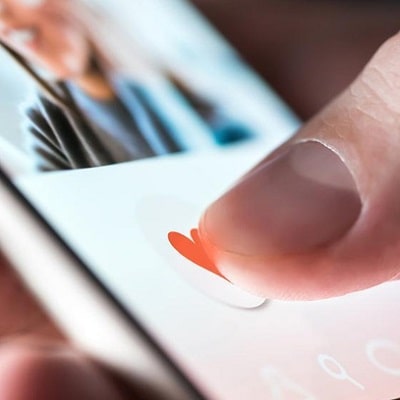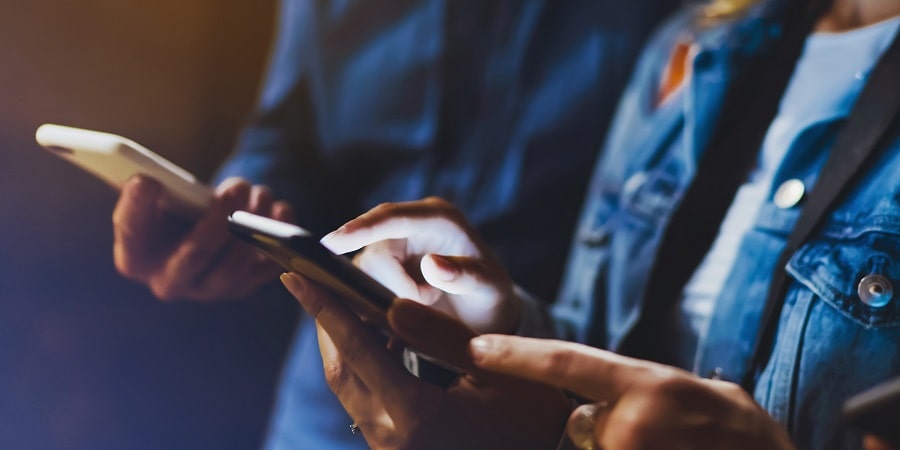How have Social Networks Changed Relationships Between People?

Social media platforms have revolutionized the very foundations of human interaction. While their inception was based on the idea of connecting people, their omnipresence today has led to profound shifts in the way we form, maintain, and even end relationships.
Increased the Risk of Relationship Breakdown
In the world of filters and status updates, real-life relationships often face the strain of unrealistic expectations. An ongoing culture of comparison, fueled by cherry-picked slices of life, leads to feelings of dissatisfaction and inadequacy. People begin to compare their behind-the-scenes reality with the highlights of others, causing envy and resentment. Many gambling projects speculate on this, evoking emotions. For example, advertisements for Online Casino Maria always offer more bonuses than they actually do.
Moreover, the constant connectivity offered by social networks means misunderstandings can escalate rapidly. The buffer time, which was naturally present in face-to-face communication, is virtually non-existent.
Made it Easier to Maintain Connections
However, it’s not all gloom and doom. Social media has bridged geographical chasms like never before. Whether it’s a friend who’s moved abroad or family on another continent, virtual platforms ensure they’re just a click away. The pain of physical distance in relationships, both platonic and romantic, has been significantly alleviated by real-time messaging and video calls.

Expanded the Circle of Communication
Before the advent of social media, our interactions were largely limited to our immediate environment. Today we form and maintain relationships even while playing online poker or roulette at Online Casino Maria. This global interaction not only broadens our perspectives, but also enriches us with new experiences and feelings. This is a paradigm shift from local to global connectivity.
Simplified the Process of Flirting
The landscape of romantic interactions has seen a massive transformation with the rise of social networks and dating apps. The initial awkwardness of face-to-face courting is often bypassed with online interactions. People can express interest, drop compliments, or initiate conversations with unprecedented ease. But with simplicity comes complexity – misunderstandings can arise due to the absence of non-verbal cues, and the abundance of choices can lead to commitment phobia.
Made Live Communication More Difficult
While we’re more “connected” than ever, the depth and authenticity of these connections can be questionable. Emojis, likes, and GIFs have started replacing genuine conversations. The art of deep, face-to-face interactions, especially among the younger generation, seems to be dwindling. There’s a tangible loss of nuance, making real-life interactions challenging for those predominantly accustomed to digital communication.
How Games Have Changed
The realm of online gaming has evolved into a vibrant social space. While traditionally games were seen as solitary activities, the integration of social media elements has made them communal experiences. Players form friendships, rivalries, and even relationships as they collaborate or compete in digital realms. Poker and roulette tournaments at Online Casino Maria are not only gameplay, they are platforms for social interaction, combining the line between gaming and communication.
Conclusion
Social networks, in their essence, are neutral tools. Their impact on relationships, whether positive or negative, is shaped by human agency. As we navigate this digital age, awareness of these shifts and adaptations is crucial to foster genuine connections. Embracing the positives while being wary of pitfalls will be the way forward in our evolving social landscape.
